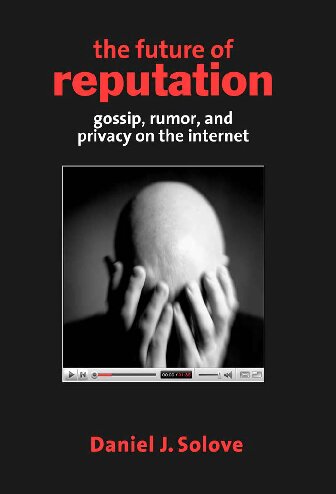

Most ebook files are in PDF format, so you can easily read them using various software such as Foxit Reader or directly on the Google Chrome browser.
Some ebook files are released by publishers in other formats such as .awz, .mobi, .epub, .fb2, etc. You may need to install specific software to read these formats on mobile/PC, such as Calibre.
Please read the tutorial at this link. https://ebooknice.com/page/post?id=faq
We offer FREE conversion to the popular formats you request; however, this may take some time. Therefore, right after payment, please email us, and we will try to provide the service as quickly as possible.
For some exceptional file formats or broken links (if any), please refrain from opening any disputes. Instead, email us first, and we will try to assist within a maximum of 6 hours.
EbookNice Team

Status:
Available4.5
35 reviewsTeeming with chatrooms, online discussion groups, and blogs, the Internet offers previously unimagined opportunities for personal expression and communication. But there’s a dark side to the story. A trail of information fragments about us is forever preserved on the Internet, instantly available in a Google search. A permanent chronicle of our private livesoften of dubious reliability and sometimes totally falsewill follow us wherever we go, accessible to friends, strangers, dates, employers, neighbors, relatives, and anyone else who cares to look. This engrossing book, brimming with amazing examples of gossip, slander, and rumor on the Internet, explores the profound implications of the online collision between free speech and privacy.
Daniel Solove, an authority on information privacy law, offers a fascinating account of how the Internet is transforming gossip, the way we shame others, and our ability to protect our own reputations. Focusing on blogs, Internet communities, cybermobs, and other current trends, he shows that, ironically, the unconstrained flow of information on the Internet may impede opportunities for self-development and freedom. Long-standing notions of privacy need review, the author contends: unless we establish a balance between privacy and free speech, we may discover that the freedom of the Internet makes us less free.